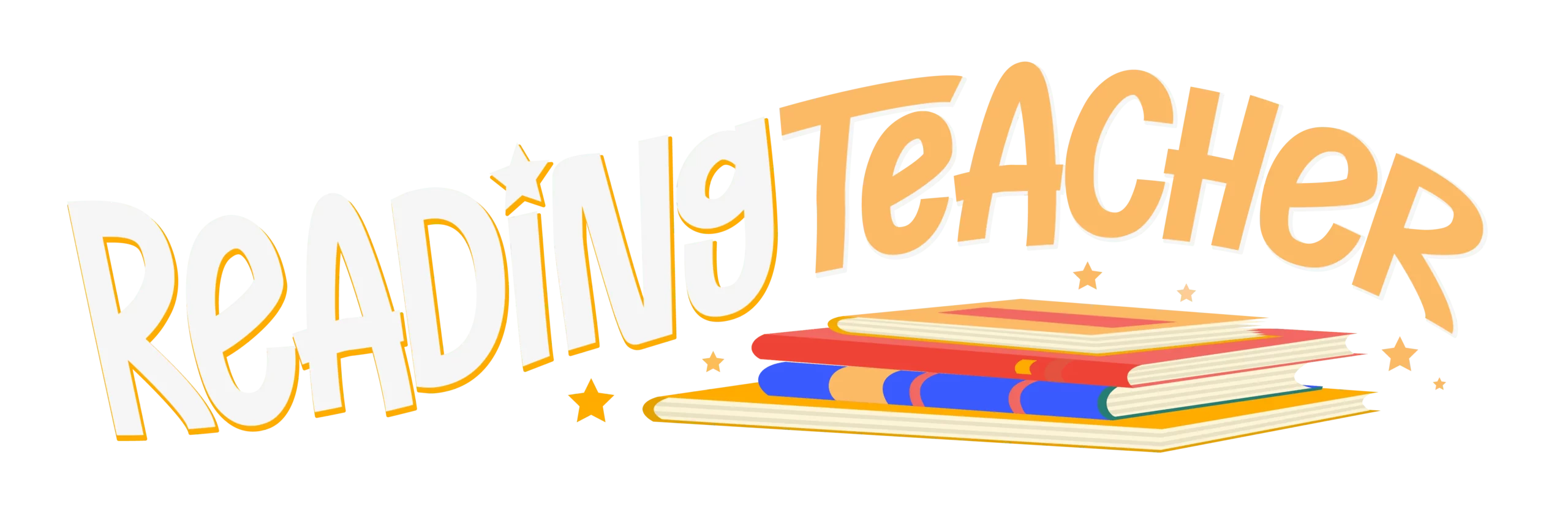Navigating the Horizons: The Science of Reading – Past, Present, and Future
In the ever-evolving landscape of education, the science of reading stands as a beacon of knowledge, illuminating the path to literacy mastery for learners of all ages. As we reflect on its journey through the annals of time, examine its current impact, and envision its future trajectory, we gain invaluable insights into the transformative power of evidence-based literacy instruction.
The Past: Seeds of Knowledge
The roots of the science of reading trace back to ancient civilizations, where the art of literacy was revered as a sacred gift. From the hieroglyphics of ancient Egypt to the illuminated manuscripts of the Middle Ages, humanity's quest for literacy has been a testament to the enduring power of written language.
Fast forward to the 20th century, and the science of reading began to take shape as educators and researchers delved into the cognitive processes underlying literacy acquisition. Pioneering figures such as Jeanne Chall and Rudolf Flesch paved the way for evidence-based approaches to reading instruction, laying the groundwork for future advancements in the field.
The Present: A Paradigm Shift
In recent decades, the science of reading has undergone a profound transformation, fueled by advances in cognitive psychology, neuroscience, and education research. Groundbreaking studies have shed light on the essential components of literacy instruction, prompting a paradigm shift in educational practices worldwide.
Key principles such as phonemic awareness, phonics instruction, fluency, vocabulary development, and comprehension strategies form the cornerstone of the science of reading framework. Educators are increasingly embracing evidence-based practices grounded in these principles, leading to improved outcomes for learners of all ages and abilities.
However, challenges persist, as disparities in literacy achievement persist among diverse student populations. Addressing these disparities requires a concerted effort to ensure equitable access to high-quality literacy instruction, personalized interventions, and supportive learning environments for all learners.
The Future: Charting New Horizons
As we gaze into the future, the science of reading holds boundless potential to revolutionize literacy instruction and empower learners worldwide. Emerging technologies such as artificial intelligence, virtual reality, and personalized learning platforms offer unprecedented opportunities to individualize instruction and support learners' unique needs.
Furthermore, interdisciplinary collaborations between educators, researchers, policymakers, and technology innovators will drive innovation in literacy instruction and expand our understanding of the cognitive processes underlying reading acquisition and comprehension.
However, realizing this vision requires a collective commitment to evidence-based practices, ongoing professional development, and continuous improvement in literacy instruction. By harnessing the transformative power of the science of reading, we can ensure that every learner has the opportunity to unlock the doors to knowledge and achieve their full potential.
In conclusion, the science of reading represents a journey of discovery, innovation, and empowerment. From its humble beginnings to its current impact and future promise, the science of reading continues to inspire educators, researchers, and learners worldwide to unlock the mysteries of literacy and create a brighter future for generations to come.
